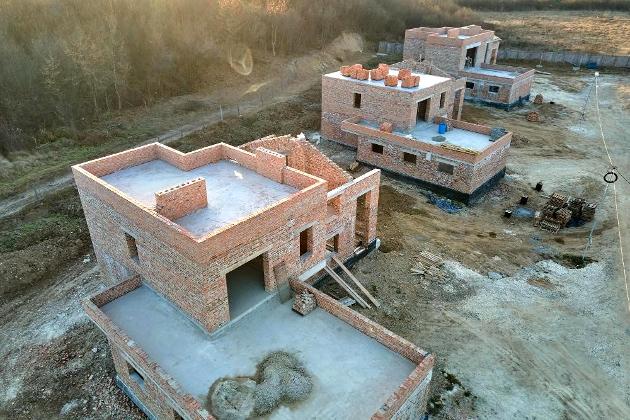Move FM Australian News

New Zealand to relieve housing shortage by easing zoning rules
Jul 9, 2024WELLINGTON, New Zealand: In a bid to tackle its persistent housing shortage, New Zealand will significantly relax zoning restrictions and override local councils’ authority to limit development, announced Housing Minister Chris Bishop.
The new measures aim to “flood the market” with land for housing, giving individuals and families more choices for building and development.
“Let’s move away from the idea that planners can plan our cities and let actual individuals and families decide how they live their lives,” Bishop said in a speech in Auckland this week.
Local councils, which control land use, will now be required to accommodate 30 years of projected growth instead of the current three years. They will also be barred from imposing urban limits on cities and must permit mixed-use development. Rules mandating balconies and minimum apartment sizes will be abolished.
“It’s very easy for local councils to say no to growth because their residents don’t want it, but the costs of those decisions are falling on central government,” said Stuart Donovan, a housing economist with the New Zealand think tank Motu.
Bishop’s push for market-driven housing development is the latest effort by New Zealand housing ministers to resolve a chronic shortage of homes. Despite a slight easing in prices since their 2022 peak, home prices remain far higher than pre-pandemic levels, with an average home costing eight times the average income.
Research by the Organization for Economic Cooperation and Development indicates that New Zealanders spend more of their income on rent than in any other country.
Historically, New Zealand’s housing market has been dominated by single-family homes, and previous attempts to cool prices have been cautious. According to the Reserve Bank of New Zealand, favorable tax conditions have made housing a popular investment, with half of all household wealth tied up in land and homes.
Bishop’s recent remarks that homes were “too expensive” and prices should be reduced were notable for a lawmaker from a major political party, reflecting a shift in public opinion as younger New Zealanders struggle to enter the housing market.
Independent economist Shamubeel Eaqub welcomed the new measures, noting that New Zealand’s housing shortage is so severe it will take decades to resolve. The easing of restrictions follows a successful test case in Auckland, where a 2016 plan to increase housing density led to a building surge and reduced rents.
However, Auckland Mayor Wayne Brown expressed concerns about urban sprawl and low-quality housing, while the Labour party’s housing spokesperson, Kieran McAnulty, emphasized the need for infrastructure funding and protection of building standards.
Bishop assured that building standards would remain unchanged and stressed the need for diverse housing solutions, saying, “People often complain about shoebox apartments, but do you know what is smaller than a shoebox apartment? A car or an emergency housing motel room.”


